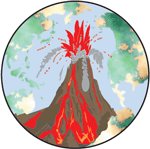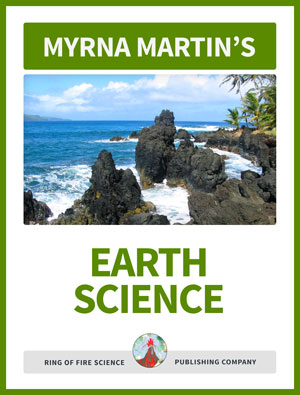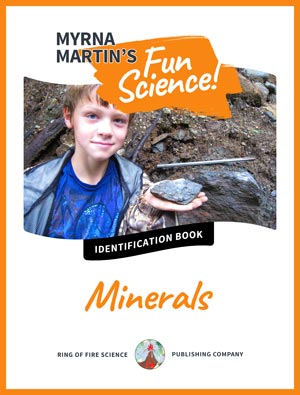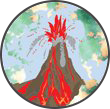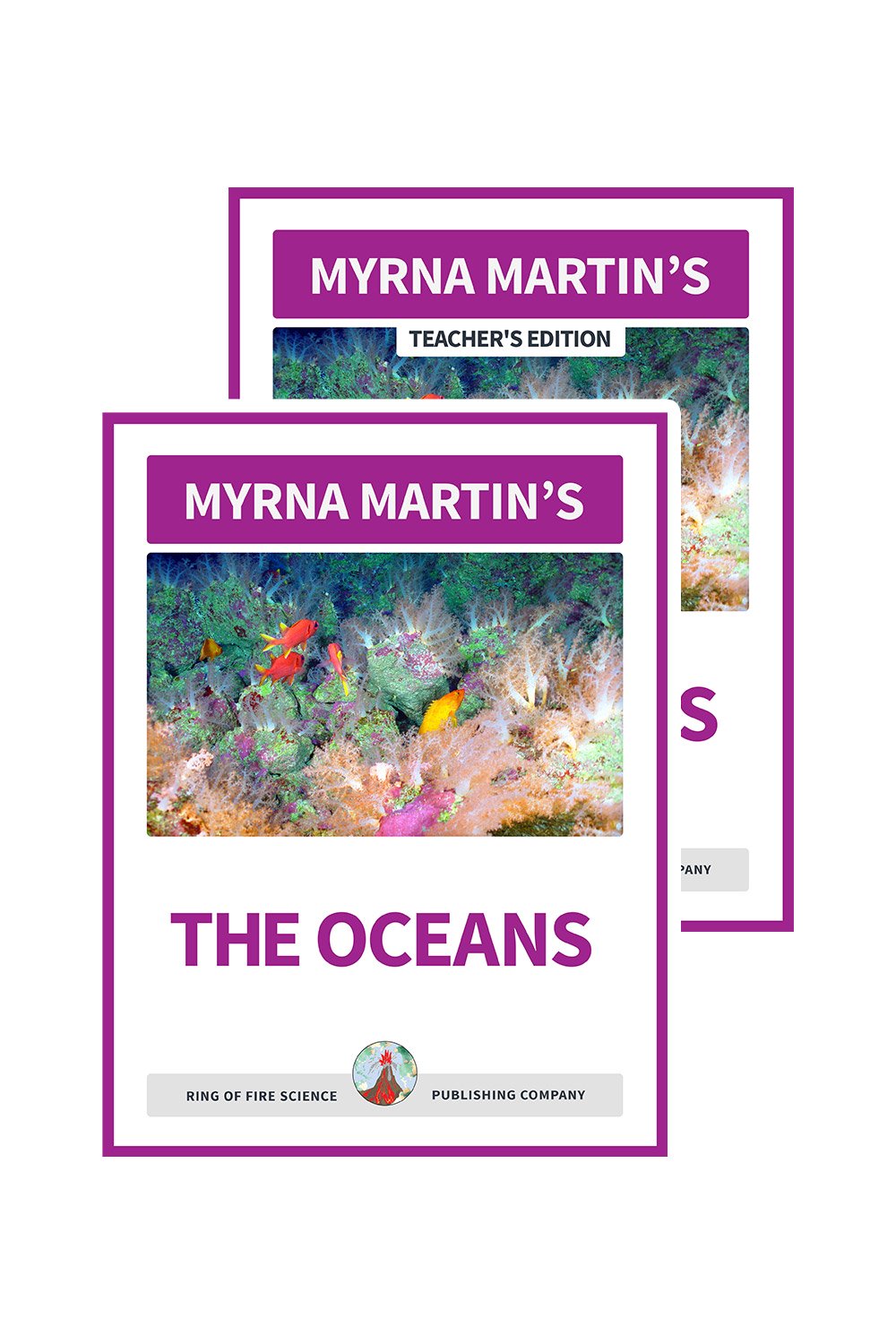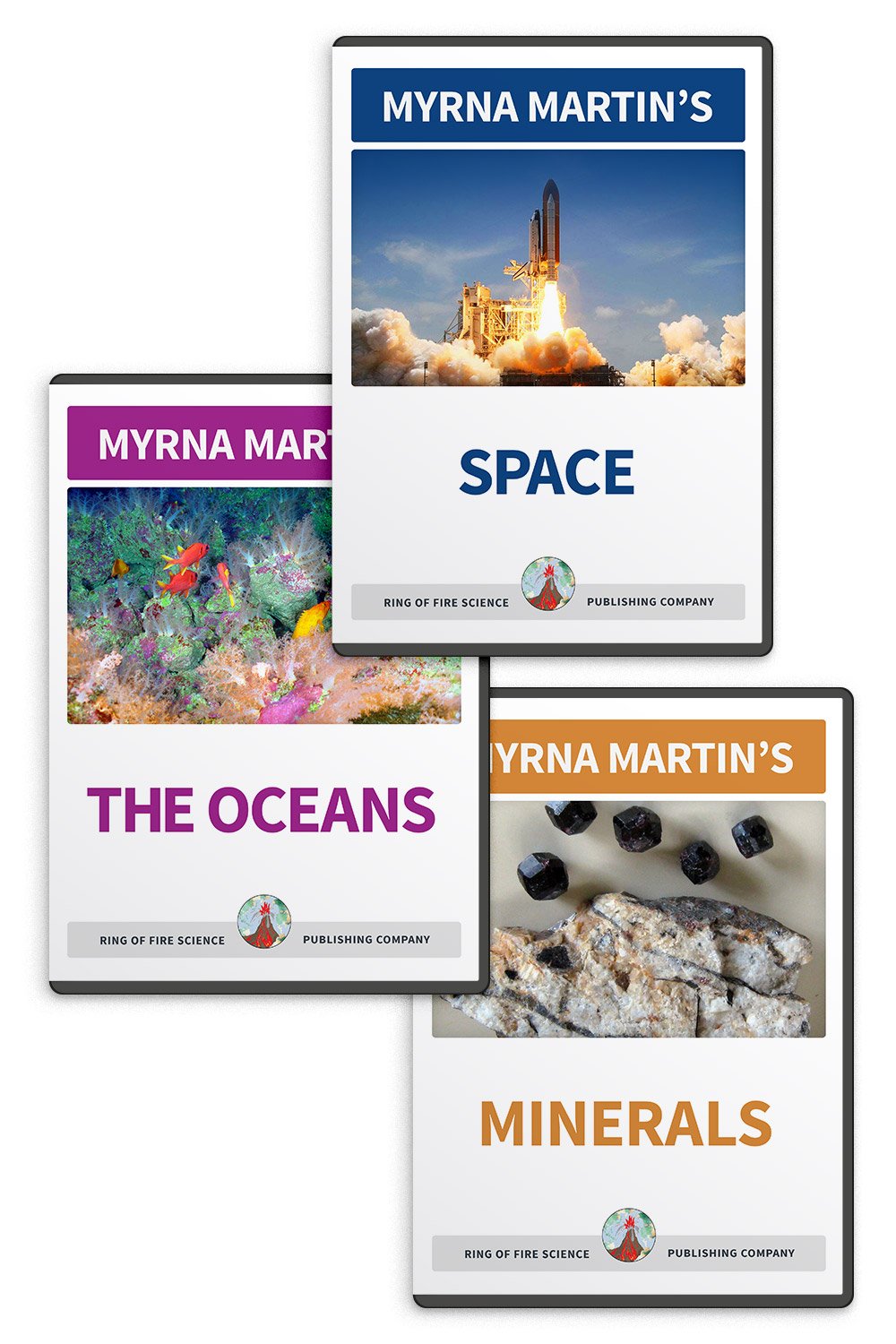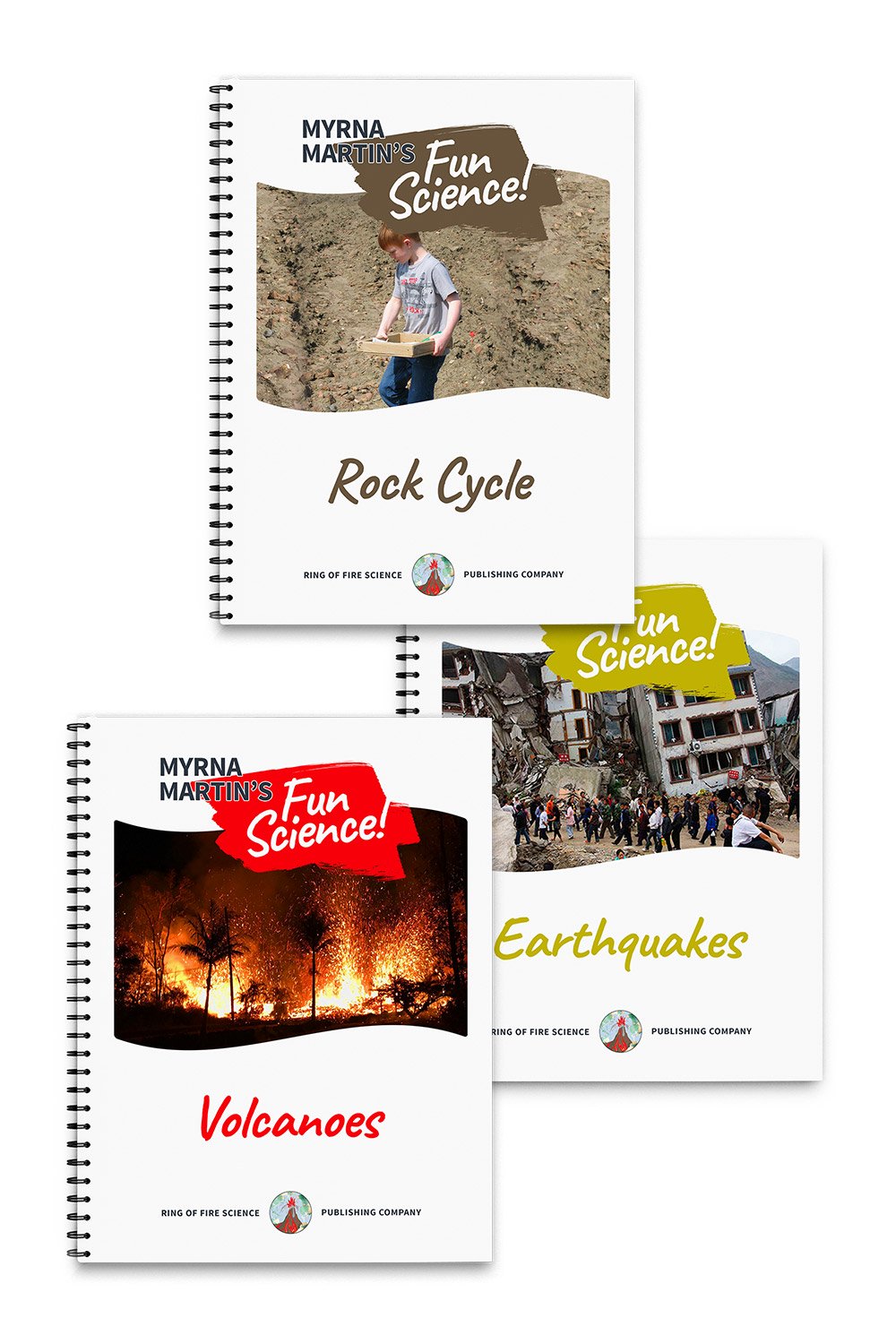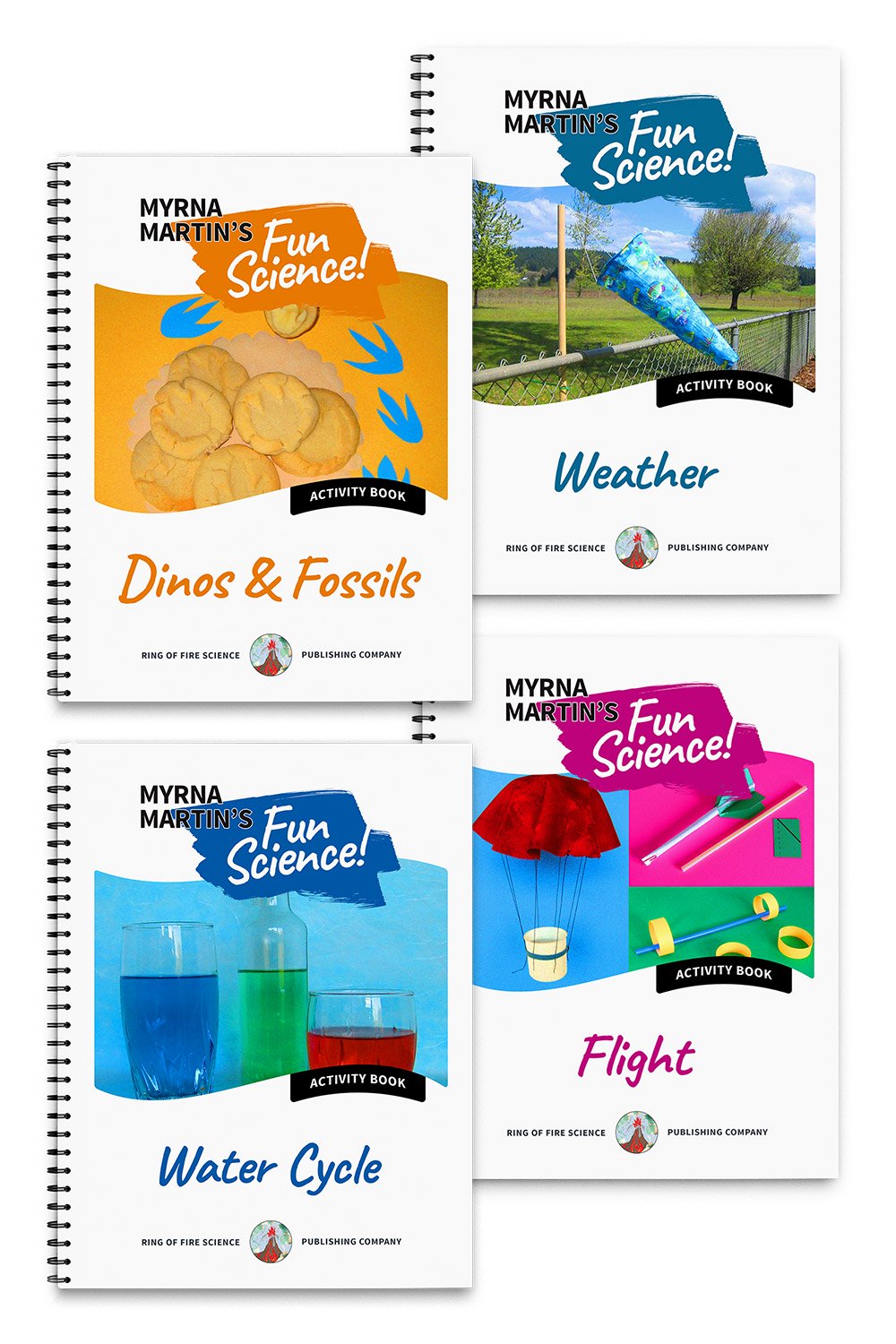explosive krakatoa eruption
1883 Krakatoa eruption
Pyroclastic flows travel to nearby islands
The Krakatoa eruption of 1883 created pyroclastic flows that traveled across the surface of the ocean to nearby islands. The hurricane force winds with superheated gases and rocks burned many people living on nearby islands. The pyroclastic flows also created tsunamis that sand ships and destroyed villages on the shores of nearby islands.
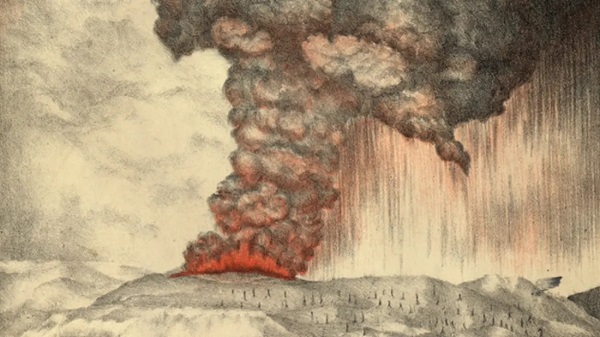
Lithograph of the eruption c. 1888 of Krakatoa
Island before the eruption
Krakatoa Island prior 1883
Prior to 1883 the three volcanoes that made up Krakatoa island had not erupted for over 200 years. Then steam and gas eruptions began in the spring of 1883 delighting passing ships and villagers living in the region.
The day of the eruption
Climatic eruption
The climatic eruption started at noon on August 26 with an explosion that shot a cloud of black ash and pumice about 25 kilometers into the air. The climatic eruption continued all afternoon and into the night.
Most island blown away
Early the next morning four great eruptions began about 5:30 am culminating in a blast that blew two-thirds of the island away creating a six kilometer wide caldera. These eruptions were heard throughout the Indian Ocean and as far away as Australia.

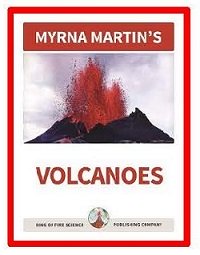
Click for More Information and to Order
Pyroclastic Flows & Tsunamis
Pyroclastic flows
Nearby island were battered by pyroclastic flows that generated tsunamis. Ash and pumice continued to be blown into the air covering nearby islands with layers of ash and pumice.
Pyroclastic flows travel on surface of the oceans
The pyroclastic flows traveled on the surface of the oceans to nearby islands killing many people. Some of the heavier part of the flows created tsunamis as they flowed into the ocean.
destruction caused by Tsunamis
Tsunamis
Pyroclastic flows generated tsunamis that swept over nearby islands sweeping over 3000 people into the ocean from just one island. The Dutch estimated approximated 36,000 people died during these two days.
People living on Java and Sumatra
Ninety percent of the people were killed by tsunamis. Ten percent were killed by pyroclastic flows that flowed across the ocean to nearby Java and Sumatra which were still hot enough to burn people to death with the hot gases and rocks in the flows when they came ashore.
Anak Krakatoa
Krakatoa today
Today Anak Krakatoa in the image above has grown into a small island in the caldera formed by the 1883 eruption. The volcano is still active and is closely monitored by geologists.
KIDS FUN Science Bookstore
Check out Myrna Martin's award winning textbooks, e-books, videos and rock sets. The Kids Fun Science Bookstore covers a wide range of earth science topics. Click here to browse.


